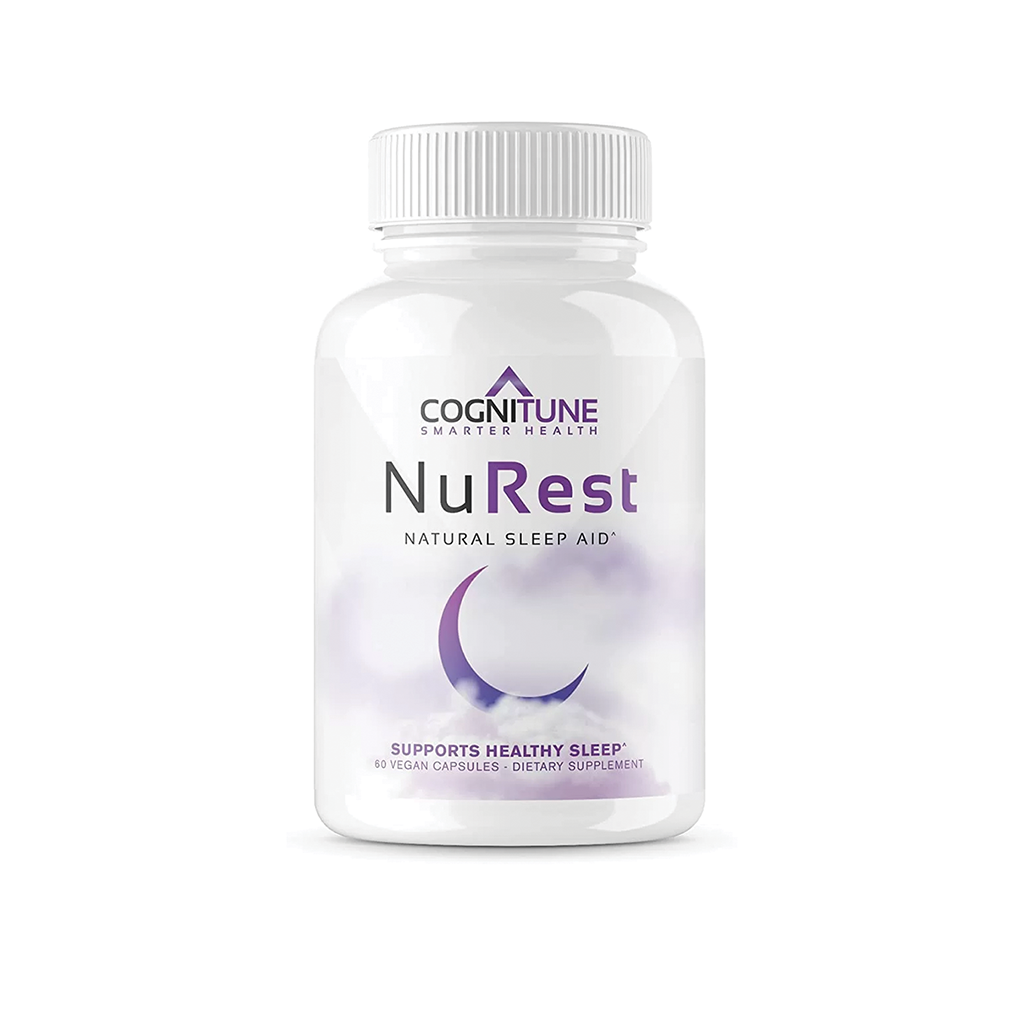What Is The Best Deep Sleep Supplement - Here Is What Works

Deep sleep is one of the most treasured things human beings desire – and need. Good sleep is a crucial aspect of our overall health and longevity. It balances mood, contributes to weight management, energizes you, helps structure your circadian rhythms, and much more. Given the stressors and pressures of modern Western life – which moves at an absurdly fast pace – sleep difficulties are rising and have been for decades.
It’s no wonder that people seek medications to induce better sleep. But perhaps you want to go a more natural route. In that case, deep sleep supplements work with your body’s natural biochemistry to bring about deep restful sleep. This article explains how such sleep aids work, what they are, how to take them, and more.

What Are They Used For?
Deep sleep supplements are primarily used for various forms of insomnia, from mild to clinical. From herbal teas to tinctures to supplement pills, there are a variety of choices. Two particular supplements, N-acetylcysteine (NAC) and yohimbine, have also been scientifically shown to help with sleep apnea, of which there are multiple kinds. Sleep apnea is a disorder that deals with respiratory and nervous system obstructions to deep restorative sleep.
How Do They Work?
Sleep supplements work in different ways relative to other neurochemical channels. To understand their mechanisms at work, we’ll go through each of our top three recommendations, two honorable mentions, their research bases, and why they’re effective.
Top Three
Melatonin
Melatonin is probably the most common non-prescription sleep supplement. Melatonin is a hormone endemic to your brain, producing it naturally. What melatonin does is regulate your body’s circadian rhythms by encouraging a higher production of an already-existent hormone, particularly in the absence of light.
Lavender
There have been studies that show a correlation between the aromatherapy of lavender and deep sleep stimulation. These studies showed that lavender inhalation produces low-frequency brainwaves (theta and delta) associated with deep restorative sleep and sleep quality. Another study showed that lavender helped improve overall sleep quality in palliative care patients.
Glycine
A good amount of scientific research suggests that glycine can have a robust impact on sleep. Glycine increases serotonin levels. Serotonin is a neurochemical responsible for higher-order executive thinking and is also one of the neurochemical precursors to melatonin. Glycine can also help your body reregulate its circadian rhythm and healthy sleep cycles.

Honorable Mentions
CBD
CBD is shown to be an effective remedy for sleep disturbances, including insomnia, sleep apnea, and narcolepsy, in a handful of studies. It is thought to directly affect the nervous system as an anxiolytic, a byproduct of which is the potential for deep sleep.
Valerian
This sleep remedy has been around for hundreds of years. Studies have suggested that it can promote deep sleep, and the confluence of Eastern and Western modes of thought makes such assertions relatively robust; however, more scientific studies are needed. Scientists believe it increases the amount of gamma-aminobutyric acid (GABA) in the brain. GABA produces a calming effect and regulates nerve cells.
The Best Way to Take Deep Sleep Supplements
There are different ways you should take different sleep supplements, and some have time frames that maximize their efficacy. In order to get the best results from your deep sleep supplement of choice, be sure to follow the recommended dosages and method of administration.
Melatonin
The most commonly-known sleep supplement, melatonin, should be taken after you’ve had something to eat and one to two hours before bedtime. This allows time for the melatonin to take effect before you’re ready for sleep. Melatonin works best in a slow-release formulation. You should swallow it whole, and not chew or crush it.
Lavender
The best way to take lavender that has proven efficacy for sleep is to put six to eight drops of the aromatherapy oil in the cartridge of a diffuser. Another way to take lavender is through oral administration, usually done at 80 mg per day.
Glycine
Take glycine in 3 mg dosages by mouth daily for up to 24 weeks. It gets absorbed in the brain in 30 minutes, so it should be taken 30 to 60 minutes before bed.
CBD
You can take CBD in a variety of formulations, in a variety of ways. One way is sublingually, or under the tongue. Another is oral administration. Lastly, there’s a topical option that you apply to your skin.
Valerian
You can take valerian one to two hours before bed, or three times in regular intervals during the day. If you take it in this way, there will be a build-up period before your body regulates and adjusts to this new medicine.
CogniTune’s Deep Sleep Supplement
CogniTune’s NuRest is a potent sleep aid, combining valerian, melatonin, GABA, and many other synthetic and natural elements such as passionflower and chamomile. We highly recommend it, as while it is potent, it induces a gentle sleep that helps you fall asleep faster and stay asleep longer. It is made in the USA following strict Good Manufacturing Practice (GMP) standards in an FDA-registered facility. It is also third-party lab tested and verified for purity and potency.
Wrap-Up
In the often supersonic speed of Western culture today, deep, regular, and consistent sleep is so important. That’s why we have compiled research on its top three sleep remedy recommendations and two honorable mentions. Remember that each body is different, and you may find that one of the abovementioned sleep supplements fits the bill better than others. However, if you want to overcome your sleep issues and maximize sleep benefits, consider using CogniTune’s NuRest, as it combines some of the best, most potent extracts available on the market. Enjoy your newfound deep rest!

